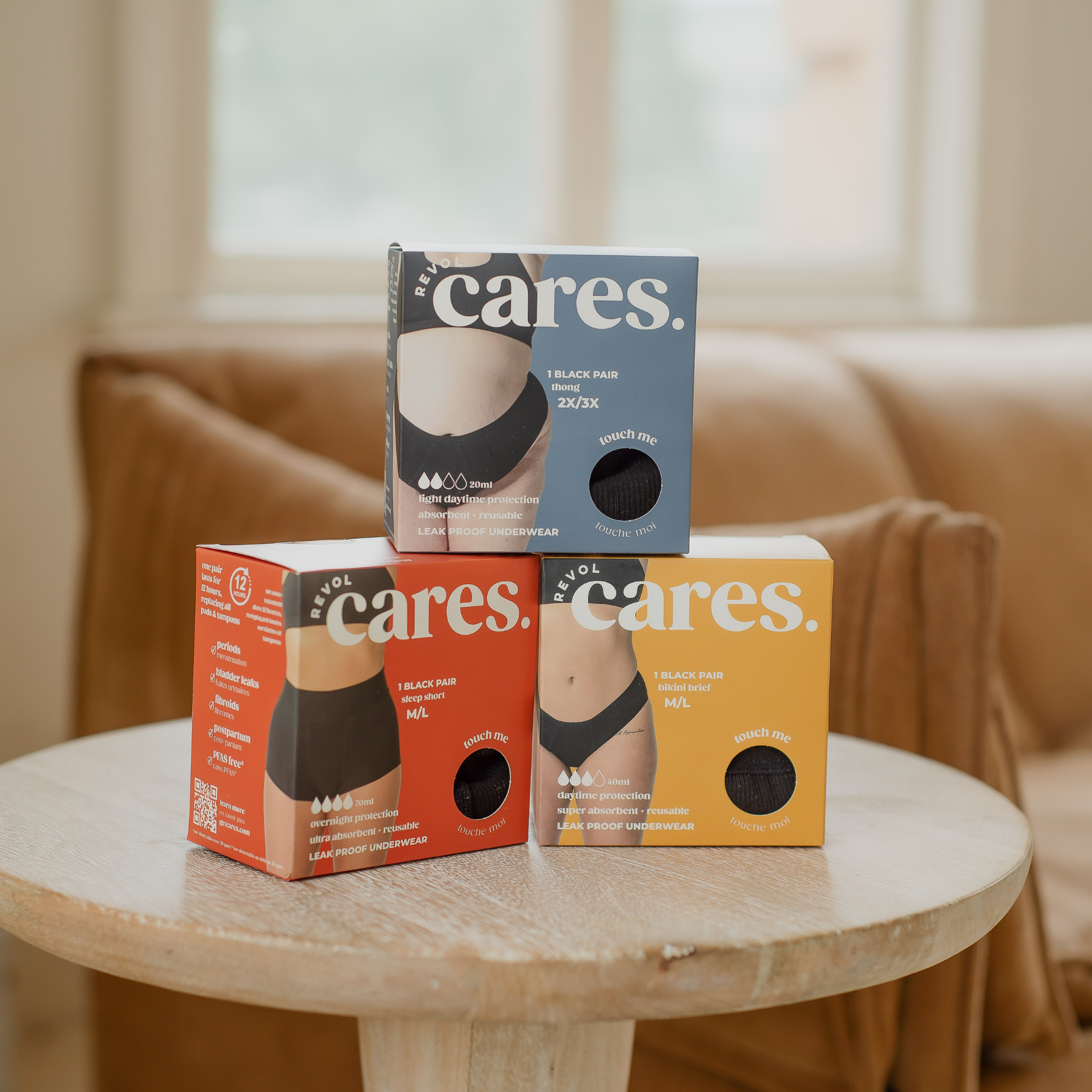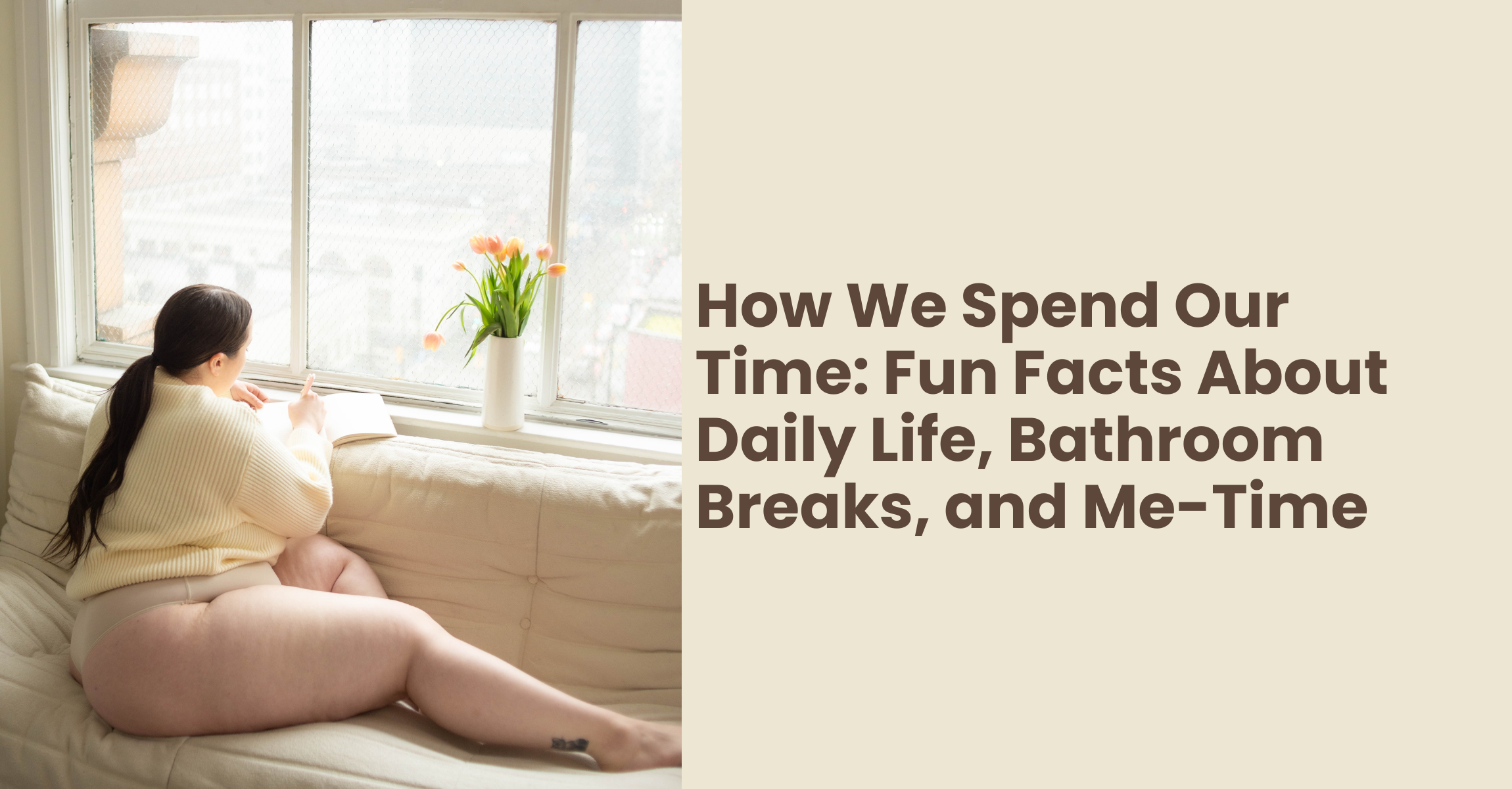Most of us expect our periods to be a little inconvenient — some cramps, a bit of mess, maybe a few grumpy days. But when your period is so heavy that it changes the way you live your life, that’s something worth paying attention to. This isn’t just a “tough period”; it could be what’s called a heavy menstrual flow (the medical term is menorrhagia).
A heavy flow period isn’t rare, and it doesn’t mean something is “wrong” with you. But it does mean your body might be sending you signals that deserve a little extra care and attention. Let’s break it down together.
What is a heavy flow period?
A “heavy flow” isn’t just about having more blood than usual — it’s when your period is so intense it interferes with your daily life. Think: changing pads or tampons every hour, wearing multiple layers of protection, or feeling like you can’t leave the house because of leaks.
Doctors usually call it “heavy menstrual bleeding” if:
-
Your period lasts longer than seven days.
-
You soak through a pad or tampon every hour for several hours in a row.
-
You need to wake up at night just to change protection.
-
You pass blood clots the size of a quarter (or bigger).
-
You feel drained, dizzy, or exhausted from the blood loss.
If that sounds familiar, you may be dealing with a heavy flow.
What causes heavy flow periods?
Sometimes heavy flow happens for no obvious reason, but often there’s an underlying cause. A few common ones include:
-
Hormone imbalances – Estrogen and progesterone usually keep the uterine lining in check. When they’re off-balance, the lining can build up too much, leading to heavy bleeding.
-
Polycystic ovary syndrome (PCOS) or thyroid issues – Both can disrupt your cycle and hormone balance.
-
Uterine fibroids or polyps – These non-cancerous growths can make bleeding heavier or longer.
-
Adenomyosis – When uterine tissue grows into the muscle wall of the uterus, it can cause painful, heavy periods.
-
Anovulation – If your ovaries don’t release an egg, progesterone levels stay low, often causing heavier bleeding.
-
Other medical conditions – Blood clotting disorders, endometriosis, liver or kidney problems, or (rarely) cancer of the uterus or cervix.
Not every heavy period has a dramatic cause, but knowing the possibilities helps you and your doctor figure things out.
How to care for heavy flow at home
If your period feels overwhelming, there are steps you can take at home to feel more comfortable and reduce some of the impact:
-
Track your cycles. Note the start and end dates, how many pads/tampons you use, and any clots or symptoms. This record is super helpful if you visit your doctor.
-
Rest and hydrate. Losing extra blood can leave you more tired than usual — give yourself permission to slow down.
-
Manage pain smartly. Over-the-counter pain relievers (like ibuprofen) can reduce cramps and even lower flow. Always follow dosage instructions.
-
Eat iron-rich foods. Heavy bleeding can lower iron levels, so boost your meals with spinach, beans, red meat, or fortified cereals. Pair with vitamin C (like oranges) to help your body absorb the iron better. Take iron supplements if recommended.
-
Hormones and metabolism are closely connected. Supporting your body with regular movement, nourishment, and stress care can help regulate hormonal patterns across all body sizes. The goal isn’t weight loss, but creating conditions where your body functions as optimally as possible.
And when heavy days hit, that’s where we step in:
-
Charlie, with ultra absorbency, can help you sleep through the night without worry.
-
Remi is perfect for daytime wear if you want a soft, high-waisted style that feels gentle on your skin.
These steps don’t “cure” heavy periods, but they can make them more manageable day-to-day.
When should you see a doctor?
Here’s the bottom line: if your period is changing your life instead of just your calendar, it’s time to talk to a healthcare provider.
Book an appointment if you notice:
-
Periods longer than 7 days.
-
Passing large clots regularly.
-
Needing to change pads/tampons every hour.
-
Feeling weak, dizzy, or short of breath (possible anemia).
-
Severe cramps that don’t respond to typical pain relief.
Doctors can run tests to find the cause and suggest treatments, which may include hormonal therapies, non-hormonal medications, or minor procedures depending on what’s going on.
Final word
Heavy flow periods aren’t something you need to just “put up with.” If your period feels like it’s running your life, know that you have options — from self-care strategies to medical treatments. The first step is paying attention and seeking help when things feel beyond “normal.”
Your period shouldn’t hold you back from living your everyday life. And if it does? That’s your cue to reach out for support.





